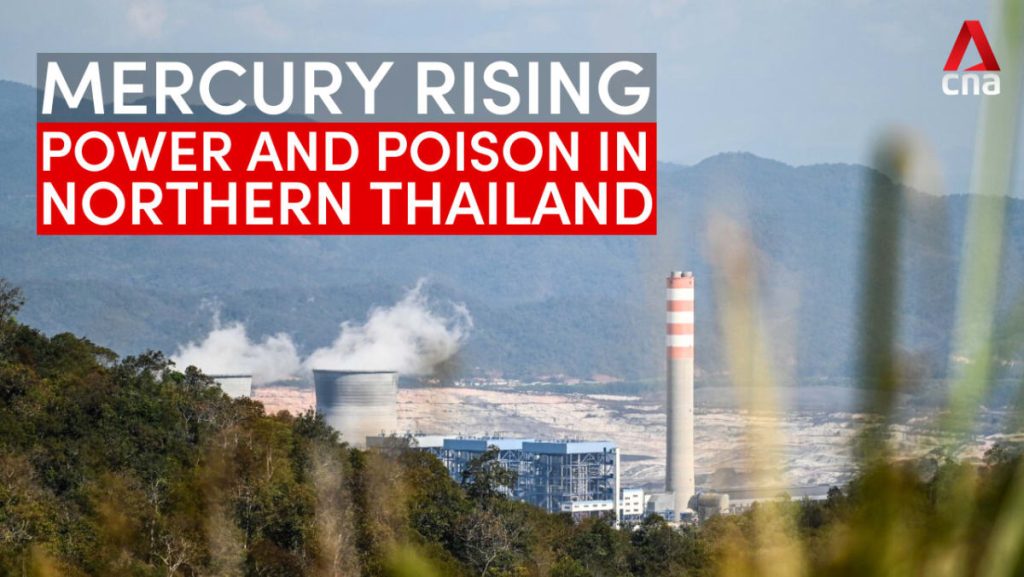In a rural Thai community, residents have been experiencing mysterious health issues and noticing drastic changes in their land. Experts have attributed these problems to a dangerous spread of toxins that are originating from across the border in Laos. The toxins are believed to be polluting the air, water, and soil in the community, leading to adverse health effects for the residents and causing damage to the environment.
The presence of these toxins has raised concerns among the residents as they struggle to understand the root cause of the health issues and environmental degradation in their community. Experts have pointed to the lack of proper waste management and pollution control measures in Laos as the main reason for the spread of toxins into Thailand. The toxins are thought to be coming from industrial activities, agricultural practices, and other sources in Laos that are contaminating the air and water that flows across the border.
The impact of these toxins on the health of the residents has been significant, with many reporting respiratory problems, skin rashes, and other issues that have been linked to exposure to harmful chemicals. In addition to the health effects, the toxins have also been damaging the land in the community, leading to soil degradation, loss of biodiversity, and other environmental issues. The residents are concerned about the long-term effects of the pollution on their health and the sustainability of their land.
Efforts have been made to address the issue of toxins spreading from Laos into Thailand, including calls for stricter pollution control measures in Laos and increased monitoring of the air and water quality in the affected community. However, progress has been slow, and the residents continue to suffer from the effects of the pollution. There is a need for greater cooperation between the two countries to address the root causes of the issue and to find sustainable solutions that protect the health of the residents and the environment.
The situation in the Thai community serves as a stark reminder of the interconnectedness of environmental issues across borders and the importance of cooperation and collaboration in addressing these challenges. It highlights the need for stronger environmental regulations and enforcement measures to prevent the spread of toxins and other harmful substances that can have far-reaching impacts on communities and ecosystems. The residents of the affected community are hopeful that with increased awareness and concerted efforts, they can work towards a healthier and more sustainable future for themselves and their land.
In conclusion, the spread of toxins from Laos into a rural Thai community has had devastating effects on the health of residents and the environment. The lack of proper pollution control measures in Laos has allowed harmful chemicals to contaminate the air, water, and soil in the community, leading to a range of health issues and environmental degradation. Efforts to address the issue have been slow and there is a need for greater cooperation between the two countries to find sustainable solutions. The situation highlights the importance of stronger environmental regulations and enforcement measures to prevent the spread of toxins and protect communities and ecosystems from the harmful effects of pollution. With increased awareness and collaboration, there is hope for a healthier and more sustainable future for the residents and their land.


